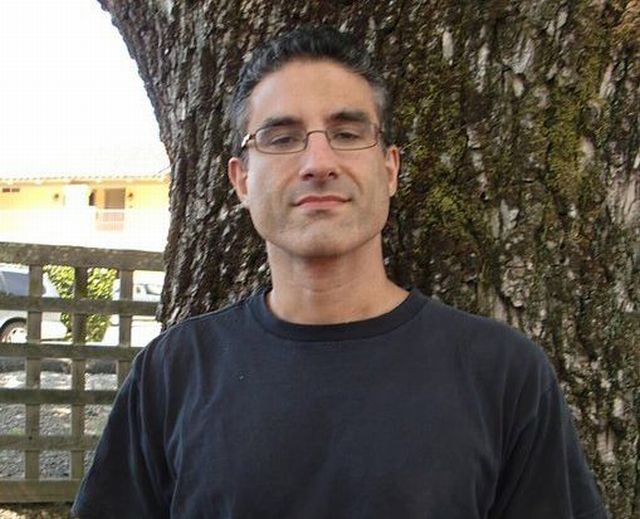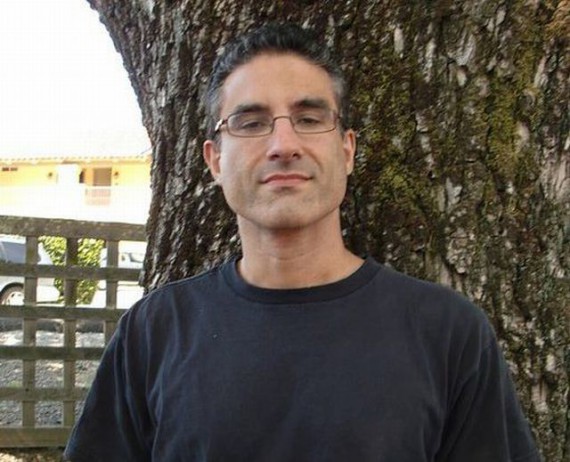
Dear Lyle,
Great article on flax oil and protein intake. Could you please answere a couple of questions?
1. you recomended 1-3 TBSP of flax a day how do you know how much to take?
2. When you calculate protein intake are you using lean body mass or total body mass?
3. Could please give me an approximate caloric intake for my goals: BF% >7% LBW 170 by 7/30/98. [I committed to myself by entering the Ironman magazine challenge]. Presently my BF% 13.1% {four site formula used}, LBW 146, WT. 167 and 21 lbs. fat. I eat six /day, 30-40gms /meal, and train five days /week one body part a day. Cardio three days a week HR 130-140, for 30-45 mins. Also I’m a sales manager with lots of stress, I work 6-7days / week 9-12 hours / day and my wife is expecting a baby any day now . I’d appreciate any help when you get a chance.
Thank you Bo Cunningham
1. I can’t recall seeing any guidelines for how to know if you’re taking enough EFA’s. I’ll be honest, 1-3 TBSP was pretty much a guess. I imagine it depends on bodyweight, how long you’ve been without sufficient EFA’s, etc. I’m sure someone will come up with a handy test for EFA deficiency here before too long. Maybe we could market it here on Mesomorphosis.
2. Due to some methodological problems in estimating true lean body mass (the assumptions that most body composition measurement methods are based on are all turning out to be incorrect), I generally use total body weight to determine protein needs. Now obviously if you’re carrying a LOT of excess bodyfat, this will drastically overestimate protein needs.
3. With regards to your lofty goals for your 12-week shapre up contest, we need to look at some numbers to see if your goal is even possible.
Current stats: Weight 167 lbs, body fat percentage 13.1%, fat mass 21 lbs
Goal: Lean body weight of 170 lbs and less than 7% bodyfat Accomplished by 7/30/98.
Let’s look at two things:
First, you bodyfat goals. Assuming no change in lean body mass, to get from 167 lbs and 13.1% bodyfat to 7% bodyfat would require a fat loss of 10 lbs (don’t ask about the calculations). That would put you at 11 lbs of fat and 157 lbs = 7% bodyfat.
In addition to 11 lbs of fat loss, you hope to add what looks like 14 lbs of lean body weight (from 146 lbs to 170 lbs).
In exactly 2 months. I hate to be the bearer of bad news but I don’t think it’s physiologically possible. Assuming you do everything correctly for fat loss, you should be able to lose 1.5-2 lbs of fat per week with minimal muscle loss. That means it will take 5 of the 8 weks you have available to lose the 10 lbs you need to get to 7% bodyfat. That only leaves three to put on 14 lbs of lean body mass.
Except for beginners (and I’m assuming you’re not one since you’re on a 5 day split routine), it’s nearly impossible to gain muscle while losing fat without the use of some type of partitioning drug. I think your best bet in this case would be to focus on fat loss for 4 weeks, during which time you should be able to lose 6-8 lbs of fat. A good place to start calorically is 10-12 cal/lb total bodyweight (1670 – 2000 cal/day) or so but don’t go any lower than that.
After 4 weeks, your fat loss will likely start to slow down and I’d suggest you swing into 1-2 weeks of slightly above maintenance eating (say 250 cal/day over maintenance). Say your bodyweight has dropped by 8 lbs from 167 to 159 lbs. Maintenance calories are roughly 15 cal/lb for most people which is 2380 cal/day for you. Add 250 calories more and you have 2635 cal/day. This will allow you to regain any muscle you may have lost and you might put on a bit. YOu could load creatine during this time period if you haven’t, that will put 5-6 lbs of lean body mass (not real muscle, just water) on your frame. Then spend the last 2 weeks dieting down to 7% for your post-contest photos. Good luck!

About the author
Lyle McDonald+ is the author of the Ketogenic Diet as well as the Rapid Fat Loss Handbook and the Guide to Flexible Dieting. He has been interested in all aspects of human performance physiology since becoming involved in competitive sports as a teenager. Pursuing a degree in Physiological Sciences from UCLA, he has devoted nearly 20 years of his life to studying human physiology and the science, art and practice of human performance, muscle gain, fat loss and body recomposition.